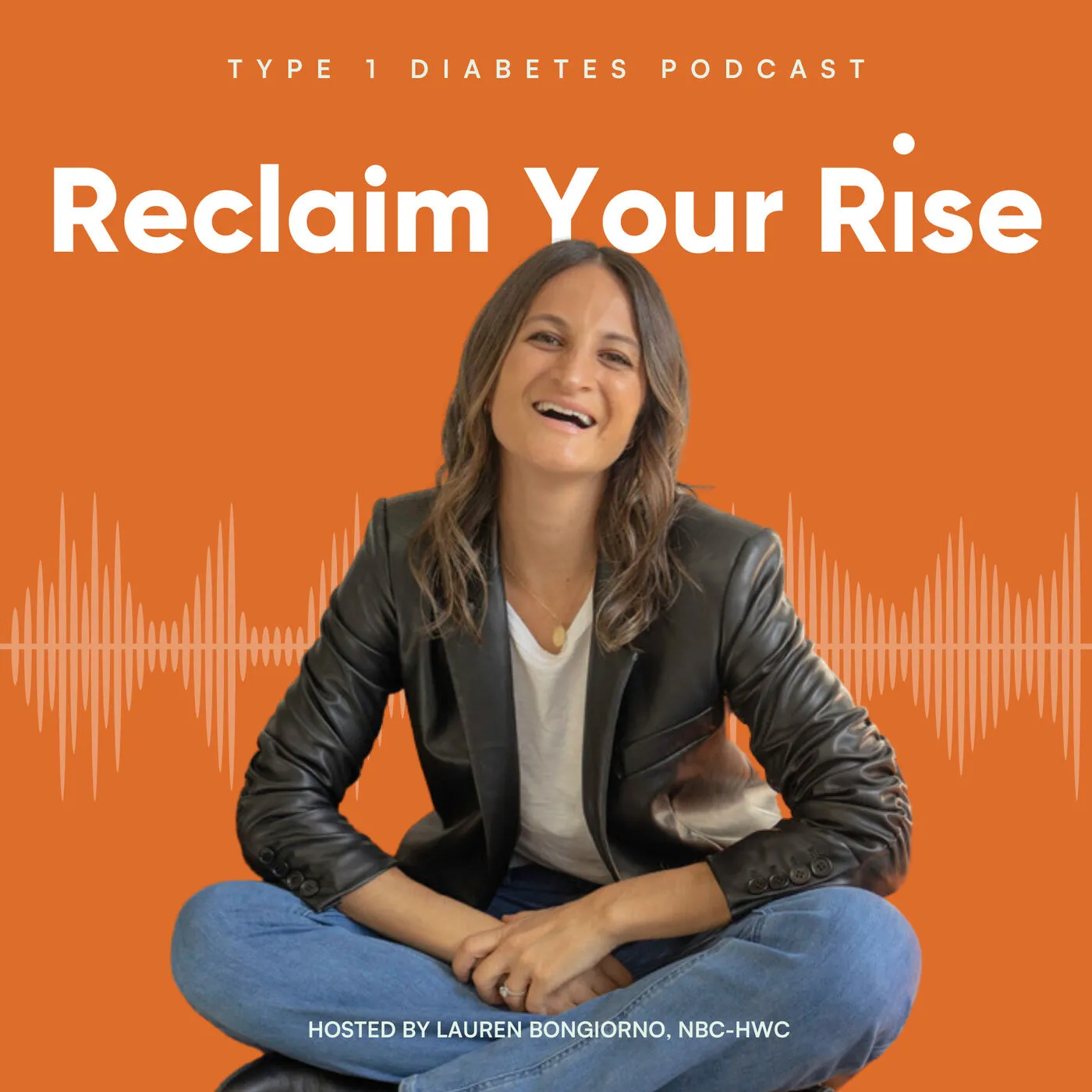Fertility and T1D are more connected than many realize—both men and women with T1D can face unique challenges. Whether you're thinking about conceiving soon or want to support your body for the future, here are 3 things you need to know.
1. While the challenges of T1D are more commonly discussed in the context of pregnancy and women’s health, male infertility can also be affected by diabetes. Research shows that men are 50% responsible for conception rates, miscarriages, infertility cases, and the lifelong health of the future baby. A man's blood sugar management can impact sperm health, which, in turn, affects pregnancy outcomes.
2. T1Ds are more at risk for experiencing hormonal imbalances. Women with T1D are 40% more likely to have menstrual irregularities, including polycystic ovarian syndrome (PCOS is the #1 cause of infertility in women), hyperandrogenism, or early menopause.
3. Patients with type 1 diabetes often have increased oxidative stress, which impacts mitochondrial health. Since mitochondria play a crucial role in energy production and overall cellular function, any disruption can impact fertility for both men and women. Supporting mitochondrial health through targeted nutrients and lifestyle adjustments is key for those with T1D to support their fertility journey.
This is why optimizing reproductive health starts 6-12 months before you plan to conceive. Think: enough time to lower A1C, address nutrient deficiencies, and improve egg + sperm health.
Prenatal vitamins and targeted antioxidants are an incredible tool for improving egg quality, sperm health and overall fertility. While focusing on a healthy diet is so important, sometimes it’s not enough to fully support optimal fertility and pregnancy. Even when you prioritize nutrient-dense foods, studies show that some crops have lost up to 38% of key nutrients since the mid-1900s.
Other studies have shown that 90% of pregnant women do not receive adequate nutrients during pregnancy from food alone and must look to supplements to fill that deficit. What’s even more troubling, is that 99% of the supplements on the market fail to contain appropriate doses of key nutrients to support fertility and a healthy pregnancy.
Men with Type 1 Diabetes are at a higher risk for nutrient deficiencies, particularly in key nutrients like zinc and vitamin D, which play a crucial role in sperm health and fertility. Zinc supports healthy sperm production, while vitamin D is linked to better sperm motility. Taking a prenatal vitamin formulated for men can help address these deficiencies, optimize nutrient levels, and support overall reproductive health, increasing the chances of a healthy conception.
This is why it’s important to know: not all prenatal vitamins are the same! WeNatal is transforming the fertility space with the first prenatal supplement optimized for her AND him. In just 3 pills a day, WeNatal provides 24 key nutrients that are clean, bioavailable, and third-party tested for label claims, heavy metals, and toxins. Where most other supplements fall short, WeNatal stepped up, including nutrients in research-backed amounts like iron, choline, and methylated B vitamins; essential for all things preconception to postpartum. By prioritizing the right nutrients, WeNatal gives couples a path forward and is backed by industry-leading Functional Medicine doctors, nutritionists, and fertility experts, including Dr. Mark Hyman and Kelly LeVeque.Check out their newest product, Egg Quality + for targeted mitochondrial support and egg health leading up to pregnancy.
Check out WeNatal HERE.

.jpg)


%20(1).jpg)
